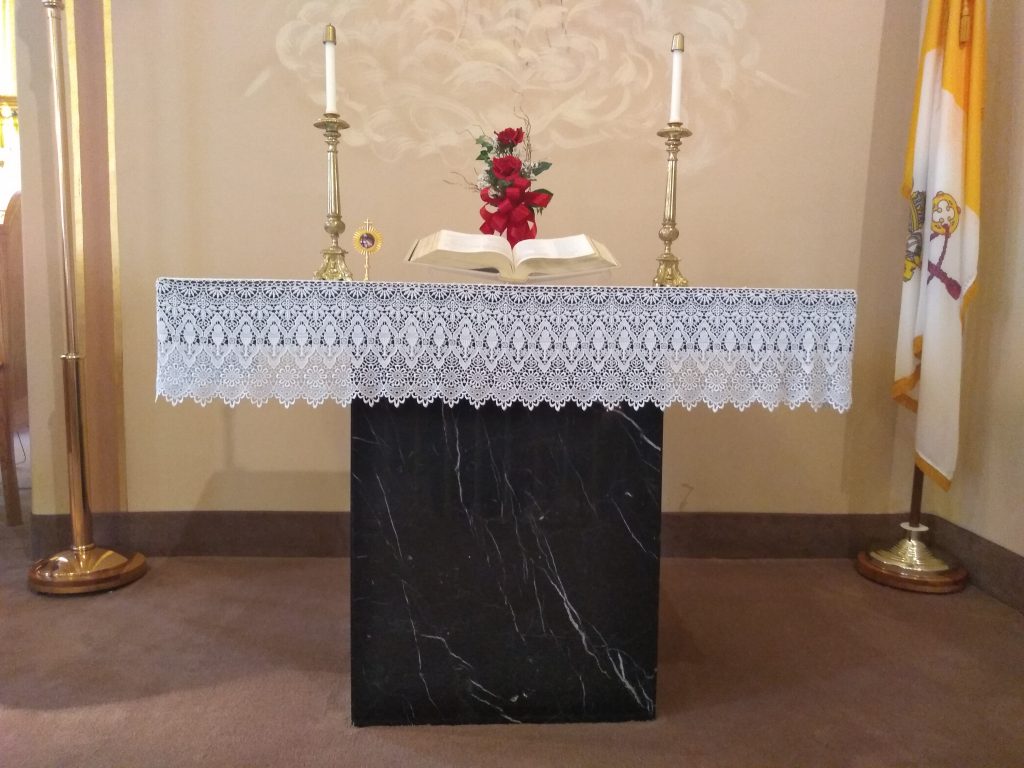Paul encourages all to put aside all impurities in their lives in hopes to obtain the promises God gives to live in the Eternal Father’s heart: “…touch nothing unclean. I will welcome you and be a father to you and you will be my sons and daughters” (2 Cor 6:17). Therefore, Paul says, “Since we have the promises, beloved, let us purify ourselves from every defilement…” (7:1). In the first letter. Paul has concerns for some very bad sins that some in the community are practicing. He sees the need for repentance. In the first letter, we would judge Paul as being harsh and condemning. Today, most people would have left a church that had such a preacher. We want to be told we are precious and God loves us no matter what. God may love us, but that does not mean we automatically get to heaven, or that everything we do is pleasing to God. God is not there to please us or entertain us. God is there to save us from ourselves. He gives us His way that we may have life.
So Paul is not so much concerned about the offense that some may take, as much as the offense the readers may have given to God (8). Many might despair easily about what seems to be harsh teachings of the Church. The Ten Commandments and the life of virtue is opposed to the life of vice that condemns us. As Catholics, we feel that everywhere we turn we are without hope; we sin all the time. Many in frustration leave because they do not understand the Bible or the Church. The morals set out by the Bible, God and the Church are there to lead the way to eternal life and all that is good. There is so much here, but let me focus back on what Paul is getting at. There is a difference between guilt and shame. Guilt is where as Paul says, “sorrow for God’s sake produces repentance” (v10). The reason why Paul wrote so harshly was to produce a change in spirit to God. That is why the Church is always calling its members to repent. The guilt is not a permanent state; it calls a person to come ever closer to God, with the help of God.
This brings the other point, that without the mercy of God and His calling us to life, we have nothing but shame. This is where Paul says, “…worldly sorrow brings death” (v10). It is worldly and is merely of this world that does not promise life or happiness. It is shallow and leaves a person without hope. Some people feel they cannot change their habits, and this is the whole point of the Christian belief. We can’t, but He can! By God’s grace and our cooperation with His gifts, we can be healed of our sins. It is not by mere human effort as if to defend ourselves (v11). So many times we think we can save ourselves, or sometimes we convince ourselves we are working with God, but really have not surrendered to Him. We try things by our own strength only to fail miserably. But God is patient for us to learn. Most of us learn the hard way. Many don’t learn at all.
Despair drives shame into sadness, whereas hope drives guilt, through repentance, into joy. Guilt has a purpose: to get us to heaven. Shame has its purpose: to keep us from heaven. The difference is what we choose to embrace. Even in a cancel culture that tries to manipulate a person into shame, because they do not believe in God or the hope He offers, you can still choose hope in God.
God’s ways are ways of goodness and healing for ourselves individually and for humanity as a whole. He sets out His ways that we may have hope and pursue goodness. But that is a decision each person has to make for themselves. God is always offering us hope. It all depends on what we are embracing: sin, death and shame, or purity, life and true joy. So, what are you embracing?

